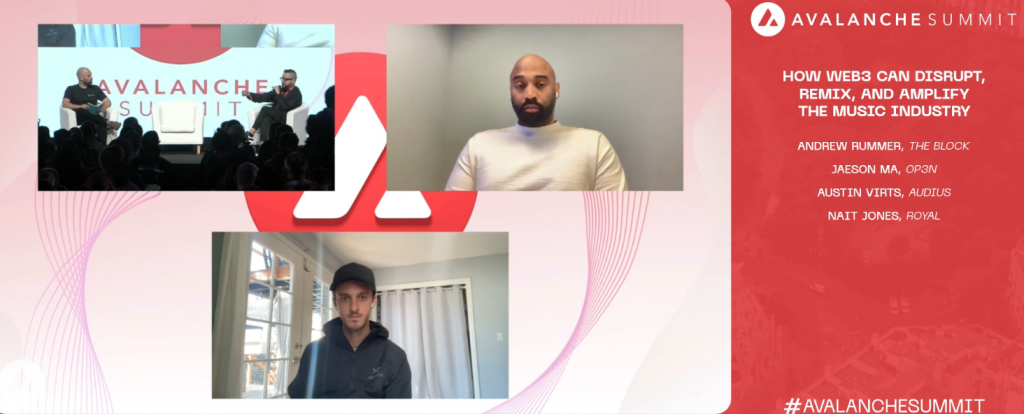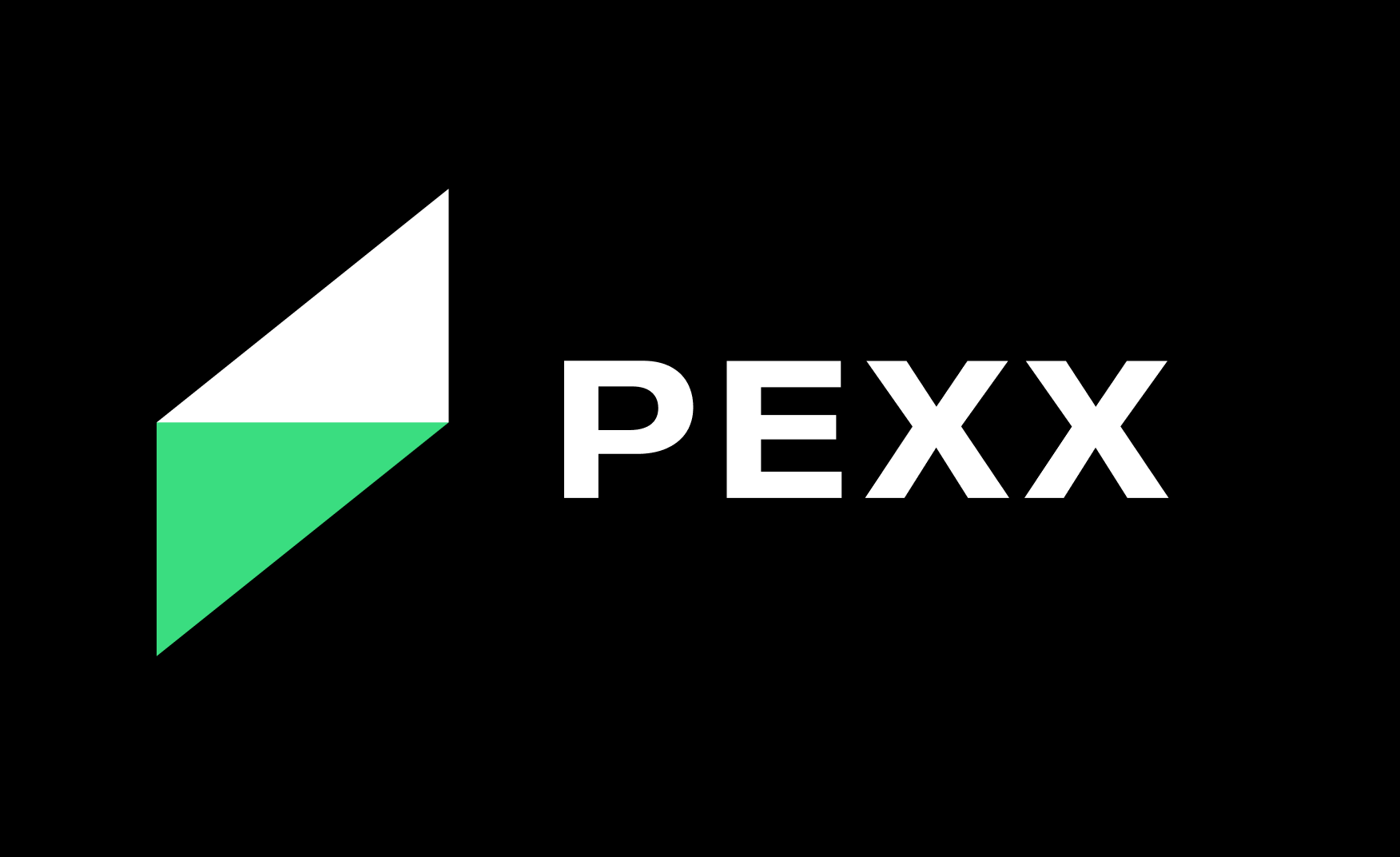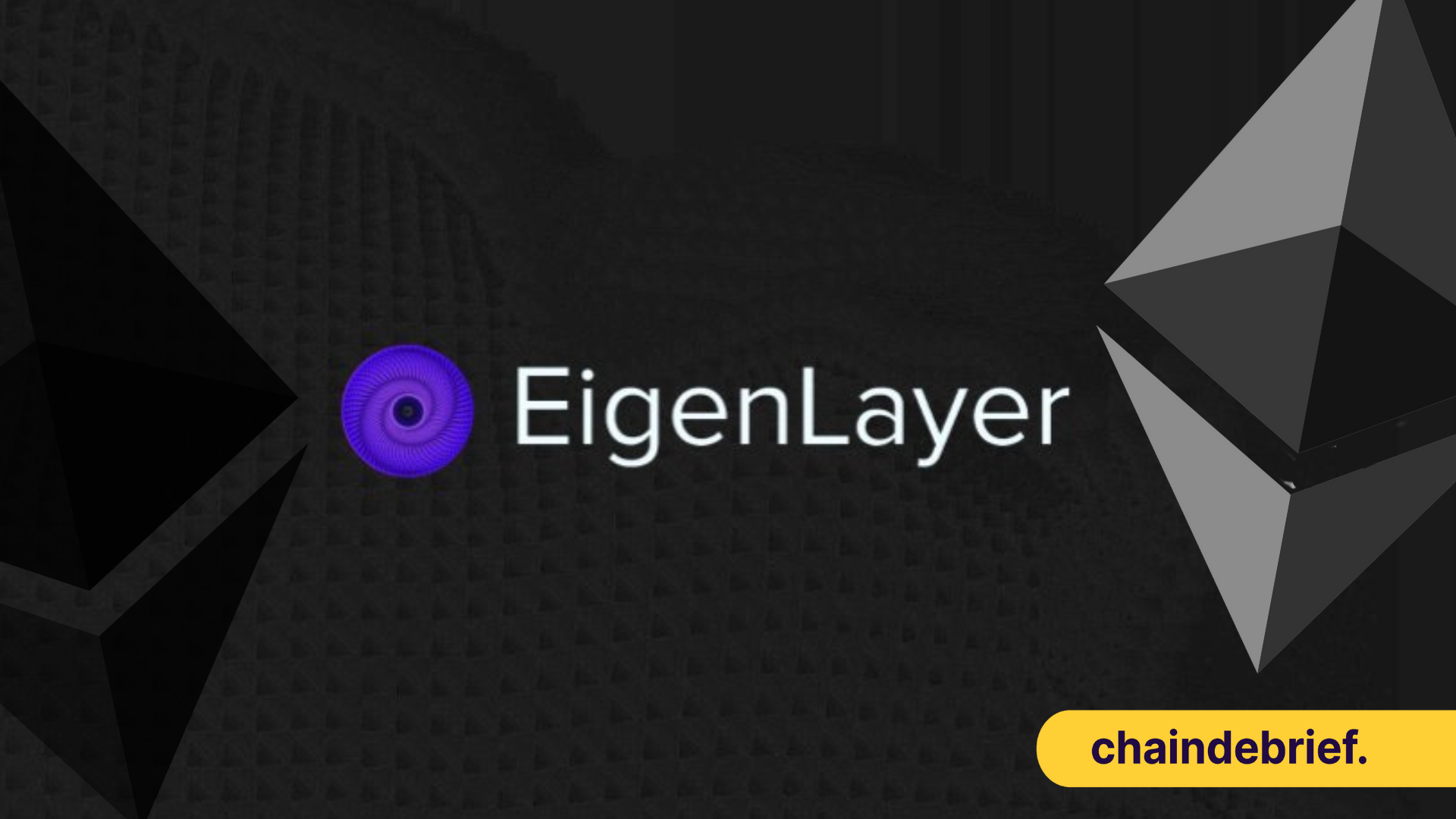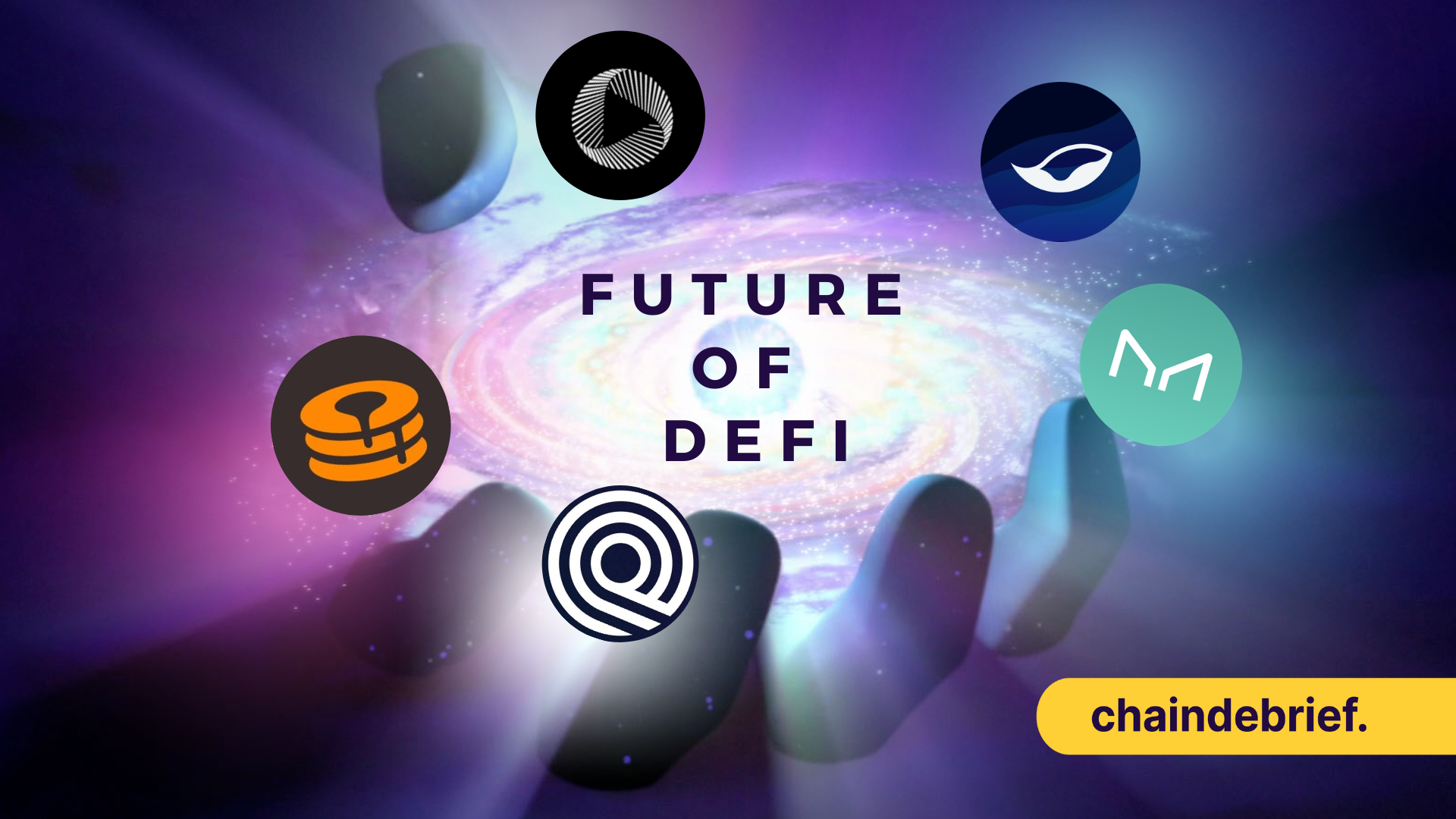“Traditionally, artistry has been priced by people who aren’t the artists”
Last year, 98.8% of Spotify artists were unable to crack the US$50,000 mark, despite many of them getting millions of streams.
Uploading on sites like YouTube and Pandora also requires upwards of 500 listens before artists can see a single dollar.
To address how Web3 could help solve such issues, Andrew Rummer (The Block), Jaeson Ma (OP3N), Austin Virts (Audius), and Nait Jones (Royal) were invited to speak at the Avalanche Summit.

What can Web3 do for artists?
The Music Industry today, unfortunately still faces many hurdles.
Some of the problems identified at the summit were:
- Little to no value creation
- Streaming Platforms undercutting artists
- Lack of community involvement
- Smaller artists lacking revenue streams
These mainly have to do with creating an economically viable, two-way connection with fans. After all, most of us simply pay for a Spotify account and rarely buy merchandise. Artists also lack the platforms to interact with and create value for their communities.
Web3 seeks to change this, liberating artists and rewarding fans for supporting their favorite musicians.
Web3 ecosystems
One of persisting narratives in crypto is that of Music NFTs, which may one day solve the problem with royalties. Supporters can purchase these NFTs, which could include access to songs or whole albums.
NEW: @diplo is doing an NFT drop on @3LAU’s tokenized royalties platform @join_royal.@elitanjourno reportshttps://t.co/VjM8jenkVI
— CoinDesk (@CoinDesk) March 24, 2022
The first iteration of this was by 3LAU, who raised US$11 million with just 33 NFTs of his album.
Since then, major mainstream artists like Diplo and Nas have dropped audio format NFTs, generating millions in revenue for them. Others like Snoop Dogg and Eminem have released NFT merchandise, which give users a chance to get exclusive physical merchandise and experiences.
While social coins have become a meme, artists tokenizing themselves could lead to strong community building. The could incentivize fans supporting their favorite artists or used for monthly subscriptions for additional content and meet and greets.
Singers can also use data points from their tokenization to negotiate deals with record labels to avoid being locked into unfair contracts.
Can disruption become a reality?
At present, most agree that Web3 will not displace traditional music, but become complementary. However, there exist very real problems that builders are using the blockchain to solve. Activating fans regardless of geography, creating artist-centric metaverses, and raising money is just the start.
The ability for music lovers to become not only listeners, but also collectors and investors would push the industry to higher standards. Web3 should ultimately value-add and provide emotional experiences to those involved, instead of simply being a cheap gimmick.
Featured Image Credit: Miami News
Also Read: Move Over, JPEGs: Here’s Why Music NFTs Are The Next Big Thing



































